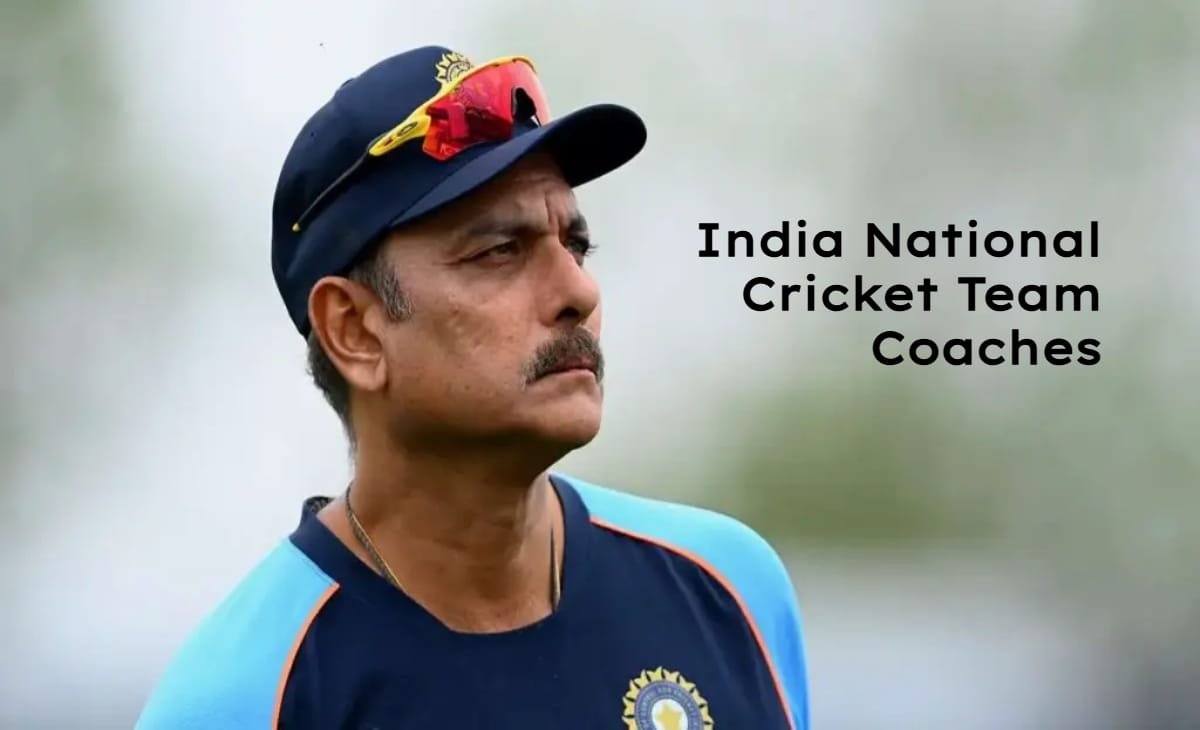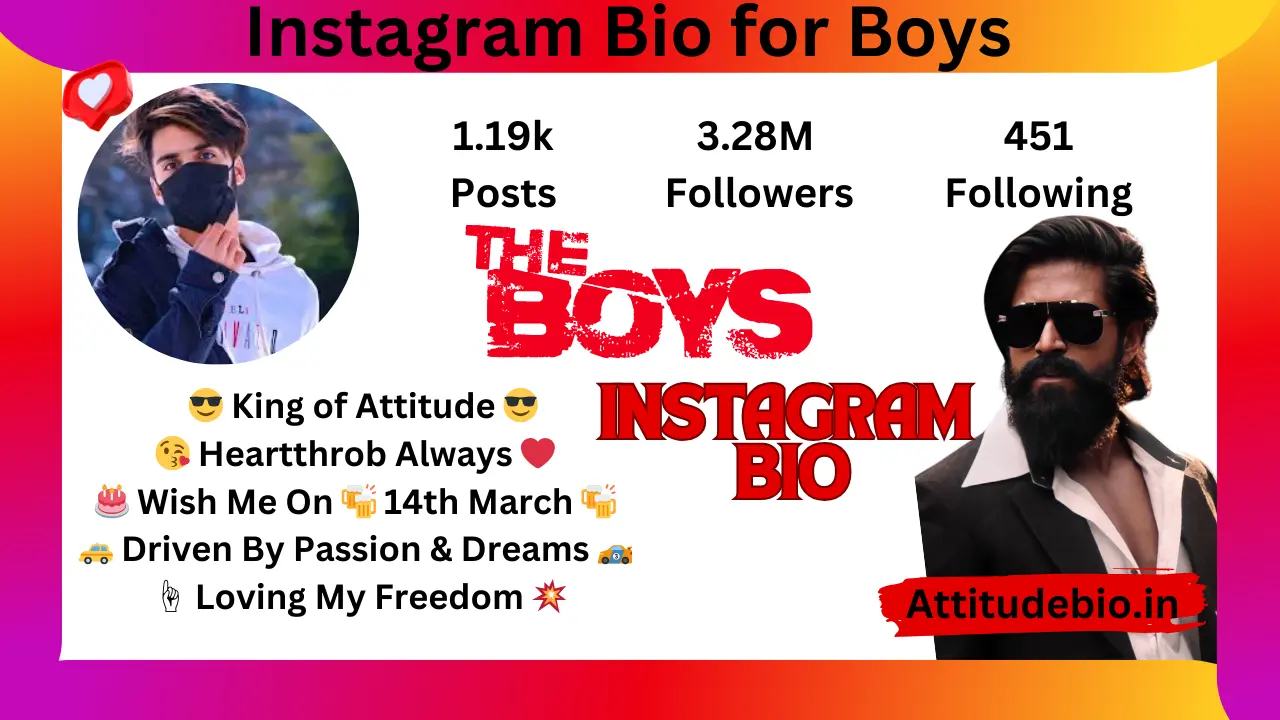Sports
India National Cricket Team Coaches

The India national cricket team has witnessed an incredible journey over the decades, with several legendary coaches playing a crucial role in shaping the team. From the early days when captains and senior players shouldered most responsibilities to the modern era of specialized coaching staff, the evolution of coaching in Indian cricket has been fascinating.
Cricket in India is more than just a sport; it is a religion that unites millions. Behind the success of the Indian team lies the meticulous planning, training, and strategies implemented by the coaches. These mentors have influenced the careers of young cricketers, refined their techniques, and developed a winning mentality that has led India to numerous victories.
The Evolution of Coaching in Indian Cricket
Coaching in Indian cricket has transformed significantly. Earlier, cricket teams relied on captains and senior players to guide and mentor youngsters. However, as the sport evolved, professional coaching became necessary to compete at the highest level.
During the 1990s, India saw a shift towards hiring professional coaches. This period marked the arrival of foreign coaches who brought different perspectives and coaching methods. Since then, India’s coaching system has evolved with specialized batting, bowling, and fielding coaches working alongside the head coach to prepare the team.
Key Responsibilities of India National Cricket Team Coaches
The head coach of the Indian cricket team is responsible for multiple aspects, including:
Strategic Planning: Developing game strategies and analyzing opponents.
Skill Development: Working closely with players to enhance their technical abilities.
Team Selection: Assisting selectors in picking the best squad.
Mentorship: Guiding young talents and preparing them for international challenges.
Fitness and Training: Ensuring players maintain top physical and mental fitness.
Notable India National Cricket Team Coaches
John Wright (2000-2005)
John Wright was the first foreign coach of the Indian team, and his tenure is remembered for transforming India into a competitive side. Under his guidance, India reached the 2003 ICC Cricket World Cup final and won a historic Test series against Australia in 2001. His calm demeanor and strong rapport with players like Sourav Ganguly, Rahul Dravid, and Sachin Tendulkar laid the foundation for future success.
Greg Chappell (2005-2007)
Greg Chappell’s tenure was one of the most controversial periods in Indian cricket history. While he focused on aggressive cricket and fitness, his relationship with senior players, especially Sourav Ganguly, created unrest in the dressing room. Despite his contribution to nurturing young talents like MS Dhoni and Suresh Raina, India’s early exit from the 2007 World Cup led to his departure.
Gary Kirsten (2008-2011)
Gary Kirsten is regarded as one of the finest coaches India has ever had. His tenure culminated in India’s historic 2011 ICC Cricket World Cup victory under MS Dhoni’s captaincy. Kirsten built a strong team environment, emphasizing player trust and confidence. His ability to handle pressure situations helped India become the No. 1 Test team.
Duncan Fletcher (2011-2015)
Duncan Fletcher took over from Kirsten and played a key role in transitioning the team post the retirement of legends like Sachin Tendulkar, Rahul Dravid, and VVS Laxman. Despite some overseas struggles, he was instrumental in grooming the next generation, including Virat Kohli, Rohit Sharma, and Ravichandran Ashwin.
Anil Kumble (2016-2017)
Anil Kumble, an Indian cricket legend, had a brief yet impactful coaching tenure. He emphasized discipline and professionalism, leading India to series wins against West Indies, England, and Australia. However, his reported differences with captain Virat Kohli resulted in an abrupt end to his tenure.
Ravi Shastri (2017-2021)
Ravi Shastri was a highly influential coach who instilled aggression and self-belief in the team. Under his leadership, India won consecutive Test series in Australia, dominated home conditions, and reached the finals of the ICC World Test Championship. His close partnership with Virat Kohli played a crucial role in India’s strong performances across formats.
Rahul Dravid (2021-Present)
Rahul Dravid, known for his calm and composed nature, is currently leading the Indian team as head coach. His focus has been on developing young talent and maintaining consistency across formats. With a solid vision for Indian cricket, he is working towards guiding India to major ICC titles.
Foreign Coaches vs. Indian Coaches: A Comparative Analysis
Over the years, India has had both foreign and Indian coaches, each bringing unique strengths.
Foreign Coaches: Often bring a fresh perspective, international experience, and modern training techniques.
Indian Coaches: Have a deeper understanding of domestic talent, cultural sensitivities, and the Indian cricketing ecosystem.
While foreign coaches like John Wright and Gary Kirsten were successful, Indian coaches such as Anil Kumble and Ravi Shastri have also made significant contributions. The balance between international expertise and local understanding remains crucial for India’s success.
Impact of Coaches on India’s Cricketing Milestones
India’s coaches have played a vital role in several cricketing milestones, including:
2003 World Cup Final Appearance (John Wright)
2007 T20 World Cup Victory (Lalchand Rajput as manager)
2011 World Cup Triumph (Gary Kirsten)
No. 1 Test Ranking in 2009 and 2017 (Kirsten and Shastri)
Historic Test Series Wins in Australia (2018, 2021) (Ravi Shastri)
Future of Coaching in Indian Cricket
The future of coaching in India looks promising, with increased investment in technology, sports science, and data analytics. The BCCI has also been proactive in appointing specialized coaches for different formats, ensuring the team remains competitive in all conditions.
As cricket evolves, coaching methodologies will continue to adapt, with more emphasis on mental conditioning, workload management, and tactical innovations. The role of the head coach will remain crucial in shaping the next generation of Indian cricketers.
Conclusion
India national cricket team coaches have played a defining role in shaping the team’s legacy. From John Wright’s tactical acumen to Gary Kirsten’s man-management skills, each coach has left a unique imprint on Indian cricket. As India continues its pursuit of global dominance, the role of future coaches will be vital in nurturing talent and achieving more historic milestones.

 Instagram Bio5 months ago
Instagram Bio5 months ago270+ Top Funny Comments For Friends pic on Instagram 😂

 Instagram Captions5 months ago
Instagram Captions5 months ago[750+] Best Comments for Beautiful Girls😲 on Instagram (New)

 Instagram Bio5 months ago
Instagram Bio5 months ago(590+) Top Free Fire Instagram Bio 🎮 | Gaming Bio for Instagram

 Instagram Bio8 months ago
Instagram Bio8 months ago750+ Top Instagram Bio 🇮🇳 Hindi | Stylish🔥, Attitude😎 & Unique🥳

 Instagram Bio8 months ago
Instagram Bio8 months agoBest【3700+】Instagram Bio for Boys😉: Attitude, Vip, Stylish, Swag

 Facebook Bio3 months ago
Facebook Bio3 months ago(680+) Facebook Vip Work Copy & Paste🌸 (2025) | Vip Bio Text Copy

 Instagram Bio8 months ago
Instagram Bio8 months ago700+ Best Krishna Bio For Instagram || Dwarkadhish Bio

 Instagram Bio5 months ago
Instagram Bio5 months agoTop 260+ Instagram Bio Emoji🔥❤️(Copy & Paste)🎭








